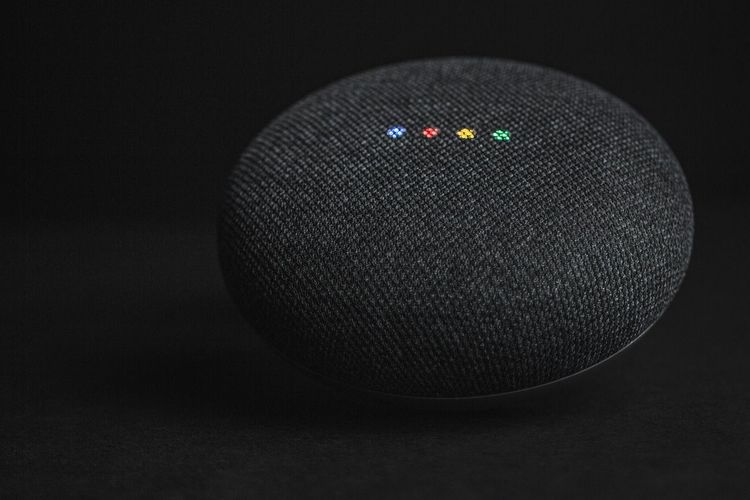OpenAI Declares No More Observers as Microsoft Exits Its Observer Role
Most people like

Introducing our AI homework helper, designed to provide you with precise solutions and guidance for all your academic needs. Whether you're tackling complex math problems, writing essays, or conducting research, our intelligent tool will enhance your learning experience by delivering accurate and reliable answers. Unlock your academic potential today!

Elevate your room photos into stunning designs effortlessly with AI Room Styles. Transform your space with cutting-edge technology that brings your interior visions to life.

Discover an easy-to-use, cost-free AI tool designed specifically for Google Sheets. Boost your productivity and streamline your workflow with this effective solution!

Discover a single platform to access all AI models seamlessly. Enjoy the convenience of exploring a diverse range of AI solutions designed to enhance your projects and drive innovation. Whether you're a developer, researcher, or enthusiast, this platform provides everything you need to harness the power of artificial intelligence in one accessible location.
Find AI tools in YBX



